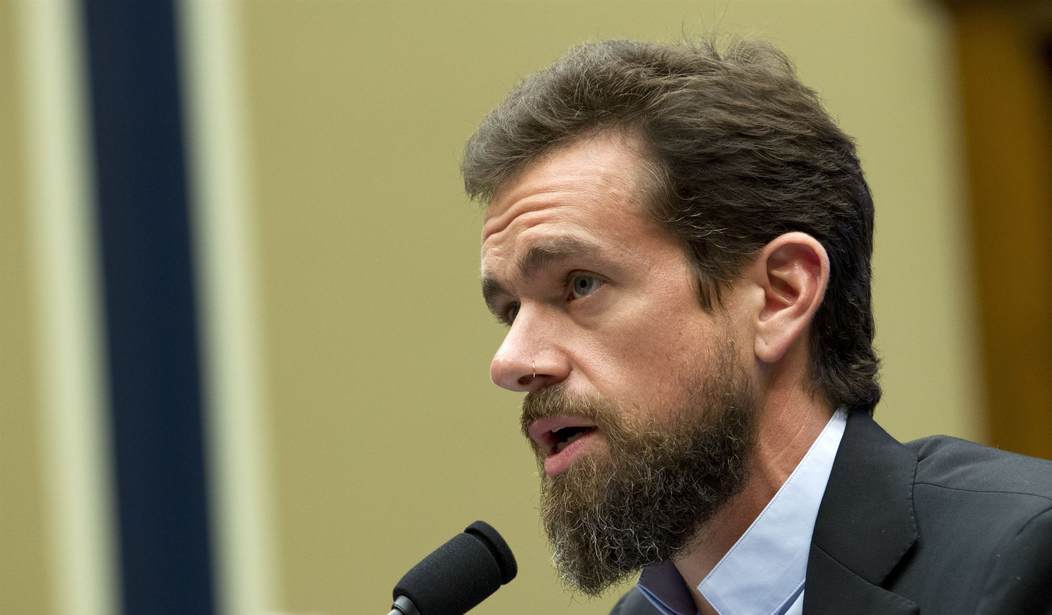On Thursday, Federal Communications Commission (FCC) Chairman Ajit Pai announced that the commission would issue a new rule clarifying Section 230 of the Communications Decency Act after Facebook and Twitter took unprecedented steps to hide a New York Post story about Hunter Biden. President Donald Trump called for a repeal of Section 230, which grants internet companies limited protection from liability for third-party content. Members of Congress and Supreme Court Justice Clarence Thomas have questioned the current interpretation of Section 230.
Pai rightly noted that it remains unclear exactly how Section 230 applies to Facebook and Twitter, especially in regards to the New York Post story.
“As elected officials consider whether to change the law, the question remains: What does Section 230 currently mean?” the FCC chairman asked. “Many advance an overly broad interpretation that in some cases shields social media companies from consumer protection laws in a way that has no basis in the text of Section 230.”
“The Commission’s General Counsel has informed me that the FCC has the legal authority to interpret Section 230,” Pai explained. “Consistent with this advice I intend to move forward with a rulemaking to clarify its meaning.”
“Throughout my tenure at the Federal Communications Commission, I have favored regulatory parity, transparency, and free expression. Social media companies have a First Amendment right to free speech. But they do not have a First Amendment right to special immunity denied to other media outlets, such as newspapers and broadcasters,” the FCC chairman argued.
Editor’s Note: It’s time for conservatives to stand together and fight big-tech censorship. Join PJ Media VIP and use the promo code CENSORSHIP for 25% off your VIP membership.
Among other things, Pai cited Thomas’ recent opinion claiming that court precedents on Section 230 have expanded the statute beyond its reasonable interpretation.
“Courts have long emphasized nontextual arguments when interpreting §230, leaving questionable precedent in their wake,” Thomas argued. “Adopting the too-common practice of reading extra immunity into statutes where it does not belong, … courts have relied on policy and purpose arguments to grant sweeping protection to Internet platforms.”
Thomas agreed with his colleagues in refusing to take up the case Malwarebytes v. Enigma Software Group, but he argued that “in an appropriate case, we should consider whether the text of this increasingly important statute aligns with the current state of immunity enjoyed by Internet platforms.”
While Trump called for a repeal of Section 230 this week, he had previously signed an executive order in May, directing the Federal Trade Commission (FTC) “to prohibit social media companies from engaging in any deceptive acts or practices regarding commerce.”
The focus on Section 230 comes after The New York Post published a blockbuster story about a “smoking gun” email allegedly proving that then-Vice President Joe Biden’s son Hunter introduced the VP to an executive at the notoriously corrupt Ukrainian gas company Burisma — before Joe Biden pressured the Ukrainian president to fire a prosecutor looking into Burisma. This email appears to disprove Joe Biden’s repeated claims that he never discussed Hunter Biden’s foreign business deals with his son.
Facebook announced that it was reducing the article’s distribution, even before any fact-check. Twitter also locked people out of their accounts when they tried to share the article, even cracking down on White House Press Secretary Kayleigh McEnany. Twitter even suspended the Trump campaign’s official account — a mere 19 days before Election Day.
On Wednesday evening, Dorsey admitted it was “unacceptable” for Twitter to block URL sharing via tweet or direct message “with zero context as to why we’re blocking.” Yet he nevertheless argued in favor of restricting the article on Twitter, claiming it violated the company’s “Hacked Materials Policy.” Yet The Federalist noted that Twitter and Facebook did not act against hacks, leaks, and hoaxes in the past.
Pai is right to issue a rule clarifying Section 230. Such a rule would help Congress figure out what, exactly, needs reform. If Congress disapproves of Pai’s rule, it should amend the statute. Ironically, Thomas may have made a Supreme Court ruling on Section 230 unnecessary by encouraging Pai to clarify the statute. Congress, not the Supreme Court, should take the lead on this, but since the statute is not entirely clear, Pai’s rulemaking is a step in the right direction.
Tyler O’Neil is the author of Making Hate Pay: The Corruption of the Southern Poverty Law Center. Follow him on Twitter at @Tyler2ONeil.









Join the conversation as a VIP Member